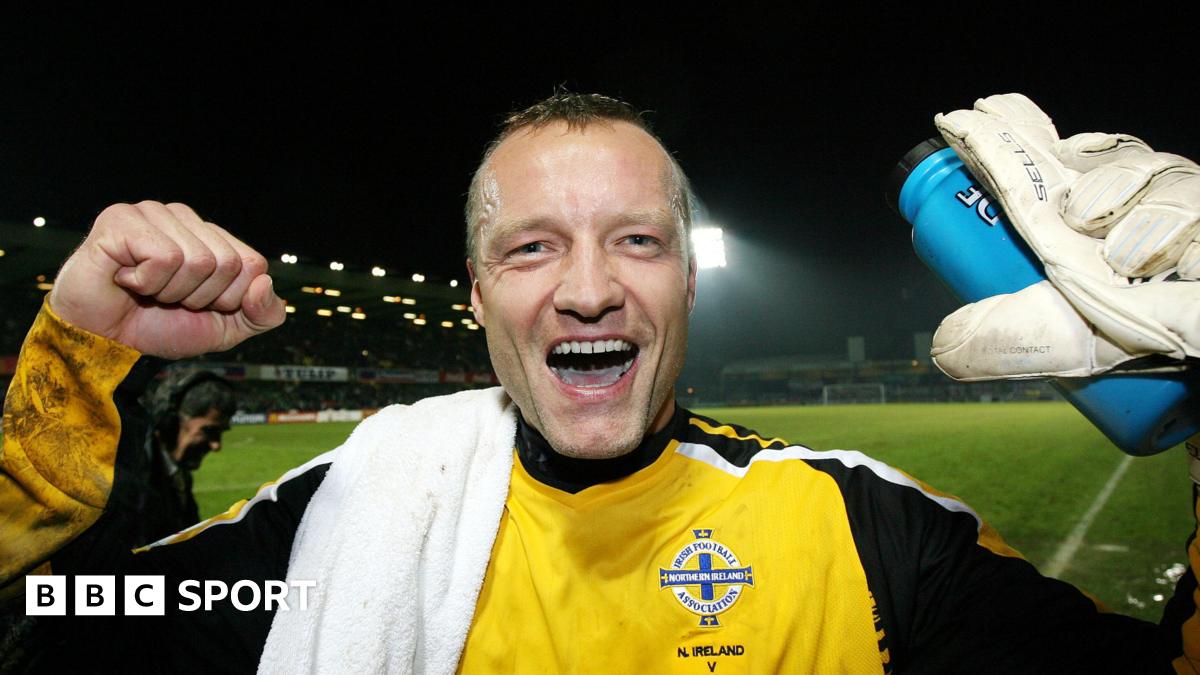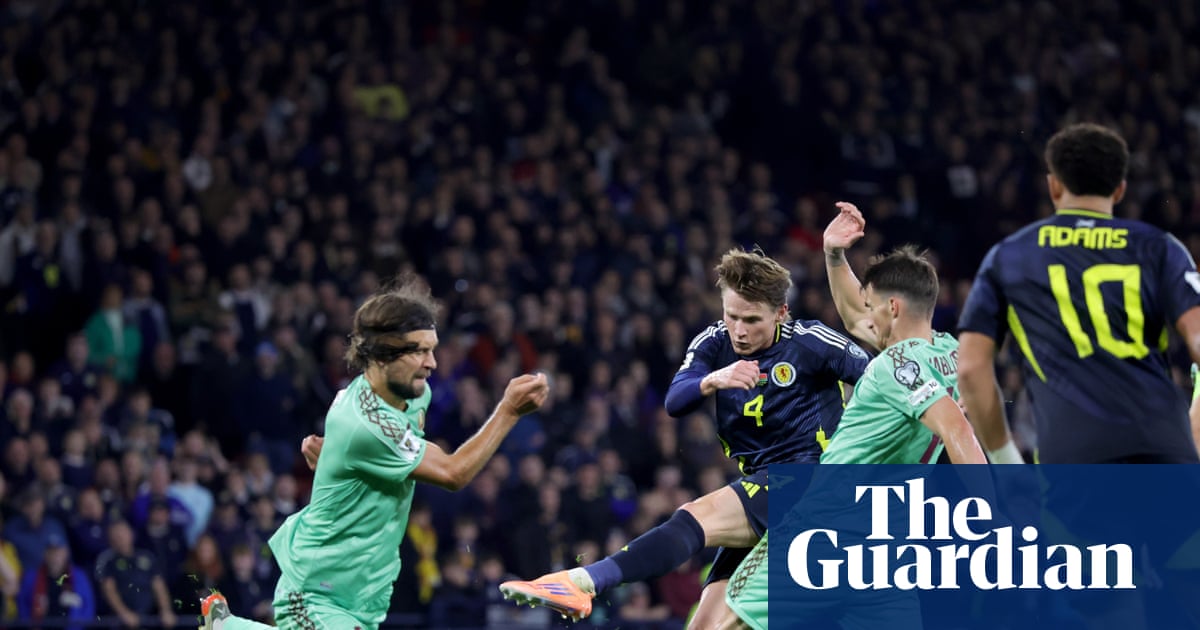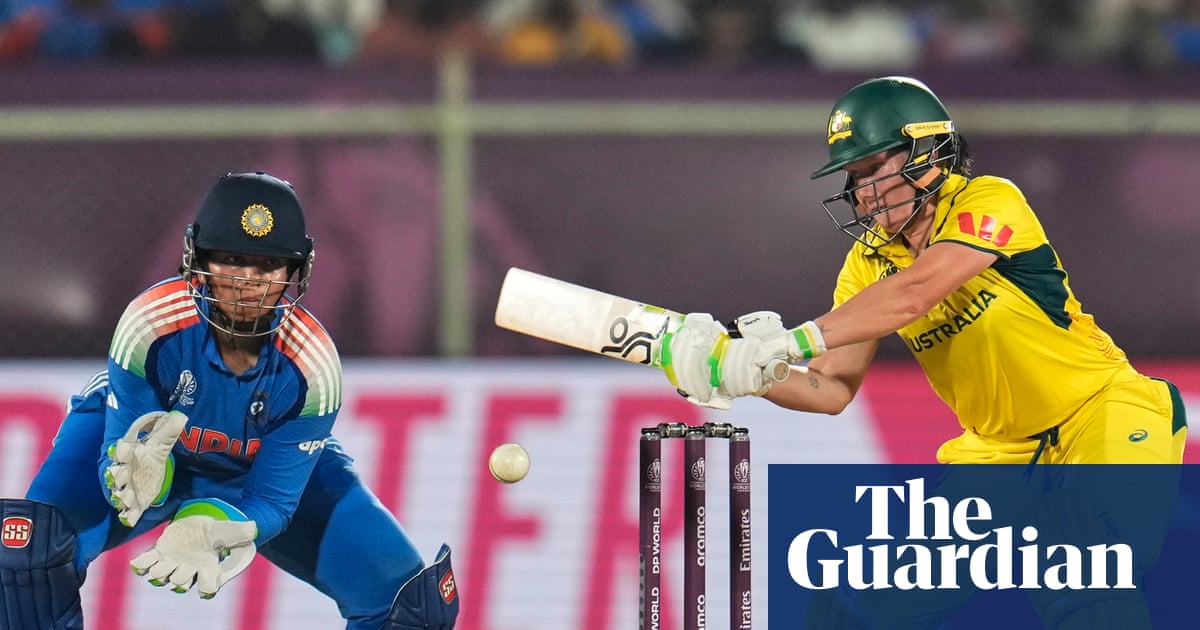Northern Ireland v Germany: How Maik Taylor went from a striker in Germany to a Northern Ireland goalkeeping great

Until he was 19 years old, Maik Taylor had never played a game in goal.Until he was 24, he had not been a professional footballer, but a lance corporal in the British Army.Until he was 27, when he appeared for their under-21 side as an overage player, he had never even set foot in Northern Ireland.Yet, when all was said and done, with assistance from the likes of Ray Clemence, Graeme Souness and Kevin Keegan, the man who is now Birmingham City's goalkeeping coach made over 500 appearances across England's top four divisions and won 88 caps for his adopted country.In the process, and thanks to a now defunct eligibility rule, the Germany born stopper became perhaps the unlikeliest hero in Northern Ireland's footballing history.Taylor was born in the city of Hildesheim just south of Hanover to a German mother and an English father who was serving in the British Army's Royal Electrical and Mechanical Engineers regiment.Raised in what was then West Germany until he was a teenager, his footballing upbringing was decidedly anglicised with Southampton's victory over Manchester United in the FA Cup final of 1976 his earliest sporting memory.How fanciful it would have seemed then to the four-year-old Taylor that the Wembley showpiece featured not one but two of his future international managers in Saints boss Lawrie McMenemy and United midfielder Sammy McIlroy.As an aspiring striker he had played representative football for his local county in Germany but it was not until the family moved to England, and Taylor had followed his father's footsteps by joining the army straight out of school, that he first donned a pair of goalkeeping gloves."It was after we'd finished basic training and there was a notice on the board that anyone who thinks that they're good enough to compete for the regiment team was to come along to training," he tells BBC Sport NI."There was a big puddle in the goalmouth and the goalkeeper wouldn't dive so, just for banter really, I said to give us the gloves and got myself wet and dirty."After that there was no goalie for the game at the weekend and I was asked. I didn't want to rock the boat and say no, so that was it. I stayed in, enjoyed it, and never looked back."With big hands and a body more suited to the high jump than the 100 metres, Taylor says he always had the genetics of goalkeeper. The combination of discipline drilled into him by the army and the competitive streak developed as a second-born child then allowed him to maximise his talents despite the late start.While still serving in his regiment, he turned out part-time for Farnborough Town and it was there that he came on to the radar of professional clubs.Glenn Hoddle's Swindon showed an interest, and there were trials at Portsmouth, Bristol Rovers and Sheffield United too, but ultimately it was the late England legend Ray Clemence, then in charge of Barnet, who took the punt after running the rule over his fellow goalkeeper."For one reason or another I fell a bit short, and then Ray was the only one that showed faith in me," says Taylor, before dryly noting that Barnet were the only interested club with a former keeper in charge."He was always a mentor for me and then afterwards, everywhere I went, I was always on the phone to him. He's sadly missed."Barnet paid £700 to secure the 24-year-old's release in June 1995. Eighteen months later, Southampton manager Souness paid £500,000 to bring him to the Premier League.A fan of the club dating back to that FA Cup final win two decades prior, Taylor's stay at The Dell lasted just 11 months with Souness departing at the end of his first season in the top flight.After his childhood hero Keegan signed him for an ambitious Fulham side seeking promotion from the third tier, it was at Craven Cottage where Taylor's international potential came to the attention of McMenemy, who had become Northern Ireland manager in 1998.Through a since closed loophole, at the time, a British citizen born abroad was eligible to represent any of the Home Nations. McMenemy, who had been Southampton manager when Keegan had played for the club in the early eighties, enquired about Taylor's interest before the man himself even "had any idea" he qualified."When Kevin approached me and said that he'd been contacted by Northern Ireland, I thought it was a fantastic opportunity to go and represent a country and play international football," he says."I was in my late twenties playing in League One. Put it this way, it didn't take me long to decide."Taylor was not the only player Northern Ireland approached on such grounds with a lengthy courtship of Birmingham City's Nigeria-born striker Dele Adebola ultimately proving fruitless.As such, there was a degree of scepticism around Taylor's level of commitment given he had never set foot in Northern Ireland before being included as an overage player for an under-21 fixture against Switzerland in April 1998."Initially, because we lost some bad games and we were poor in certain games, when you're not born and bred in the country some things are said in the stands that aren't pleasant to hear."I kind of understood that, but then I was determined to repay the faith through my dedication and availability whenever I was called upon."Don't get me wrong, it didn't last very long, and once I'd won them over and everyone saw that I was hellbent on being successful, things obviously changed."In March 1999, Taylor made his debut against Germany in Belfast, a fixture that will be repeated in 2026 World Cup qualifying on Monday evening.While noting the "irony" of winning his first cap against the nation of his birth, having grown up with a greater affinity for the England sides of Keegan and then Paul Gascoigne, for him the opposition represented nothing more than the remarkable culmination of a journey that took him from the rank of lance corporal to sharing a field with the likes of Oliver Kahn and Lothar Matthaus in less than four years.Taylor would go on to win 88 caps for his adopted country, with a particular highlight his clean sheet in the 1-0 win over England on the night his two sons were team mascots in 2005.When his job at St Andrews allows, he enjoys returning to Northern Ireland and seeing more of the country than he ever managed during his whistle-stop visits as a player.Taylor still maintains a treasured connection with Northern Ireland supporters too."Your playing career is over in a flash and I'm forever grateful and humbled that people can still remember it this far down the line," he said."Those brilliant nights live with me forever."







